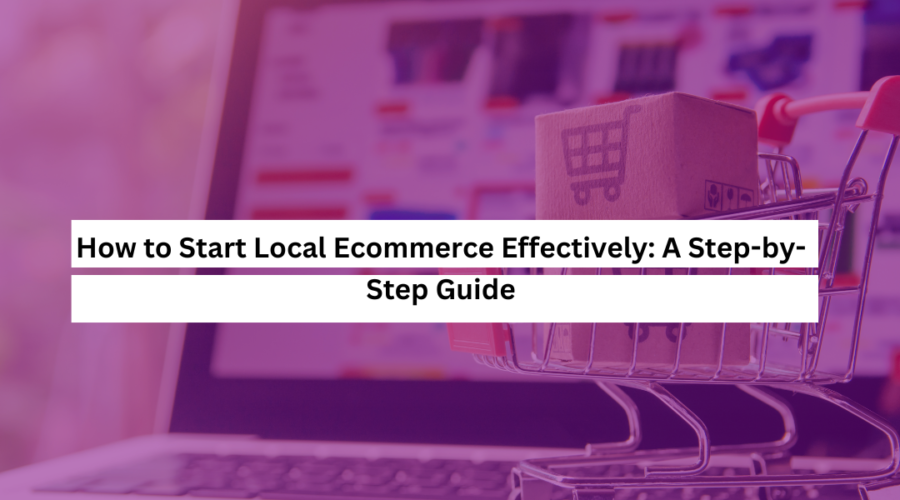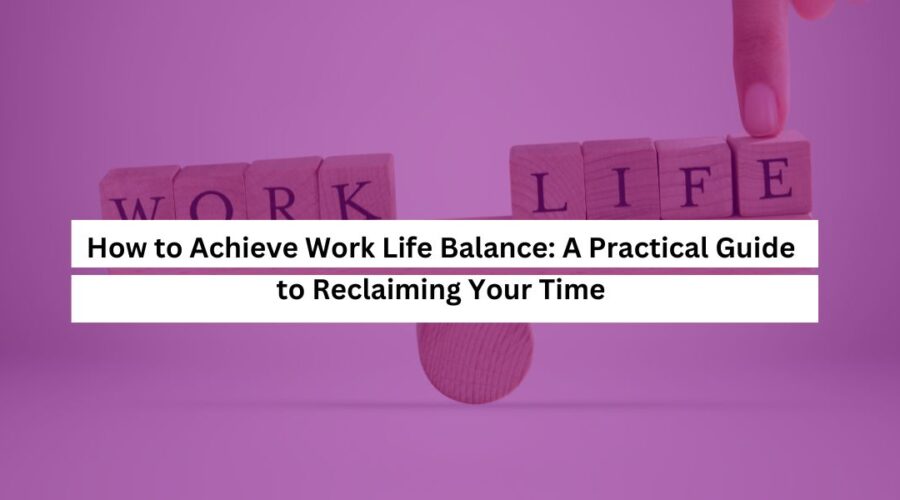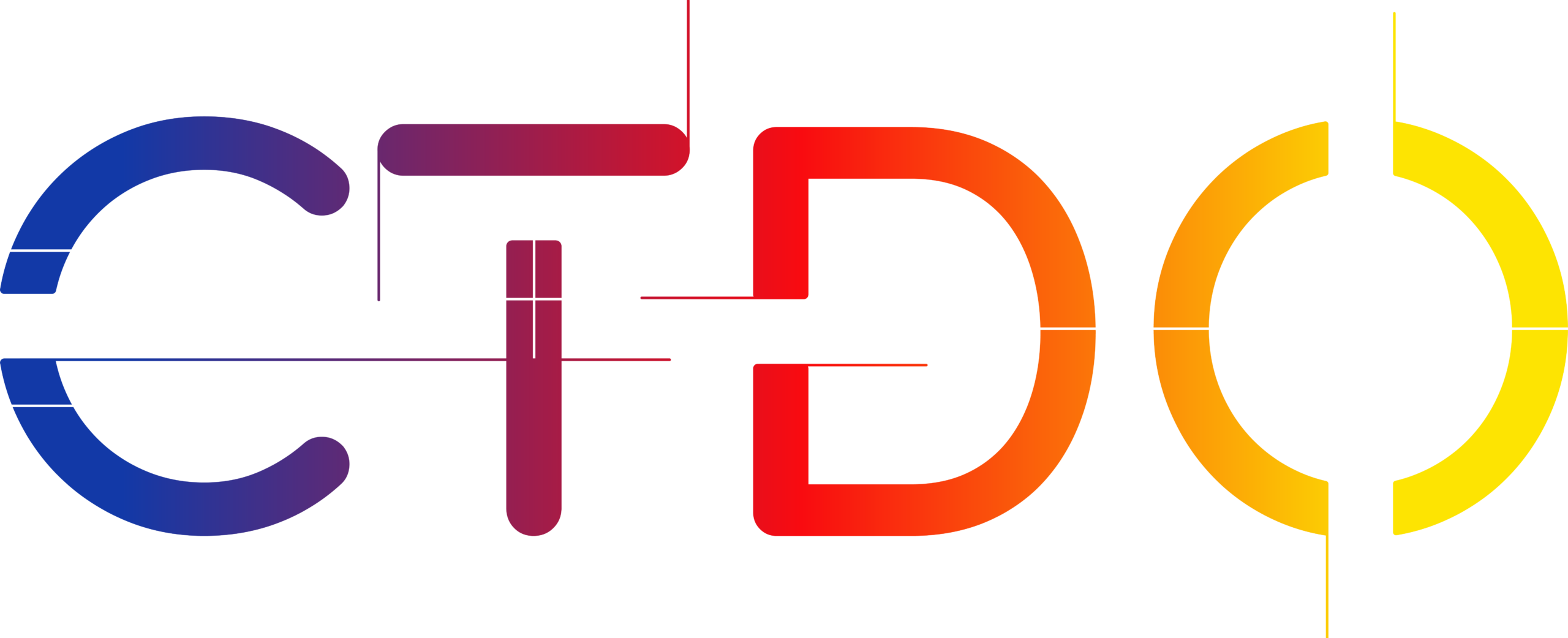The air thrums with whispers of a looming robot takeover. Headlines scream about AI stealing jobs, leaving humans obsolete cogs in a whirring machine of automation. But amidst the anxiety, a vital truth dances in the shadows: AI isn’t a harbinger of human obsolescence, but a catalyst for evolution.
Yes, AI will undoubtedly reshape the future of work. Repetitive tasks, data analysis, and even some forms of creative expression will undoubtedly see increasing automation. But to view this solely as a threat is to miss the grander ballet unfolding before us. AI isn’t here to replace human efforts, but to reimagine them.
Imagine a doctor, empowered by AI algorithms that instantly scan medical images and highlight potential anomalies, honing their diagnosis with incredible precision. Think of a writer, freed from the drudgery of research and grammar checks by AI tools, focusing instead on the essence of storytelling, the alchemy of emotion and narrative. Envision an engineer, collaborating with AI-powered design software, conjuring up structures defying imagination, pushing the boundaries of what’s possible.
This isn’t science fiction; it’s the dawn of a new era, where AI becomes our amplifier, our collaborator, our co-pilot on the journey of human progress. The skills that will define this era, then, are not those threatened by automation, but those that leverage it. The future belongs to those who can dance with AI, who can translate its whispers into symphonies of human endeavor.
Here’s how you can prepare for this transformative dance:
1. Embrace lifelong learning: The days of one-time education are over. The future demands continuous learning, an insatiable curiosity to adapt and evolve alongside technology. Master AI-powered tools, yes, but never neglect the core human skills – critical thinking, creativity, empathy, and communication – that AI lacks and that only we can provide.
2. Focus on what makes you uniquely human: AI can crunch numbers, but it can’t tap into the wellspring of human emotion, experience, and intuition. Hone your ability to build relationships, collaborate effectively, and solve problems with a uniquely human touch. These are the skills that will remain irreplaceable, the treasures that make us invaluable partners in the AI-powered future.
3. Become a bridge, not a wall: Don’t see AI as a rival, but as a bridge to new possibilities. Learn to translate between the languages of humans and machines, to interpret data insights into actionable solutions. Become the mediator, the facilitator, the one who guides us through the uncharted territory of human-AI collaboration.
4. Champion ethical AI development: As AI takes center stage, it’s crucial to ensure its development is rooted in human values. Advocate for transparent and ethical AI, one that serves humanity, not replaces it. Use your voice to shape the future of AI in a way that benefits all, not just a select few.
The fear of AI is understandable, but ultimately, it’s a fear of the unknown. Instead of cowering in the shadows, let’s step into the light, learn its language, and become its partners in crafting a future where the symphony of human and machine intelligence harmonizes into a crescendo of progress. Remember, AI is not the villain in this story; we are, hand in hand, the authors of the next chapter. Let’s write one where humans and machines dance, not duel, towards a better tomorrow.








